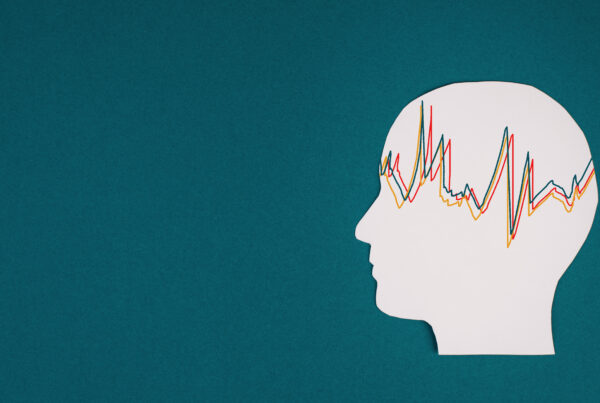In my last post, I attempted to help organizational leaders prepare for the annual planning work to be done in the weeks ahead – even in the midst of such uncertainty and disruption. Today, I’m thinking about employees at every level, and wondering how prepared we are for the consequences of the upcoming election – whichever way things go. And prepared, mentally and emotionally, for the next phase of the fight against the COVID-19 virus – for we are certainly not through that fight. It seems important to pause and reflect on our individual readiness. So here we go.
First, regarding the election. Given the extraordinary polarization of our society, the reality is that there will be a big group of ‘winners’ and an almost equally sized group of ‘losers.’ The breakdown in civility around politics also makes certain that there will likely be outsized gloating by the first group and predictions of doom by the second group. And from that discord, we are somehow going to need to move ahead as a nation, an economy and a people. It would be a miracle – and a welcome one – if mass media rose to the occasion and helped create a renewed sense of connective tissue between groups. But it would be a miracle, and we probably shouldn’t bank on that. So how do we, as communities, as groups of employees, as families, prepare ourselves?
It sounds simplistic, but first we must reinforce the extent to which we are, in fact, all on the same team. As Americans, as residents of the planet earth. As stewards for the children and grandchildren that will come after us. They deserve at least what we have inherited, in terms of resources and opportunity. Can we organize around that? Fact is, those who came before us did for us (correction: they did it for some of us. We have that restorative justice work yet to do, as well).
My second thought is to look to history: as cataclysmic as these times seem, the world has survived even more peril, though honestly it sometimes comes at tremendous cost. Much analysis has focused on the destabilizing time of power shifts across Eurasia that led to World War I and, with some of the imbalances still smoldering, the second World War. And as much as some might like to suggest that what happens in the rest of the world doesn’t matter: the U.S. economy is absolutely dependent on the rest of the world buying the food we grow, the products we manufacture, the entertainment we create, etc. Everyone out there matters for our own country’s economy to thrive.
It is even more humbling to put our current circumstance into the context of historical periods like the decades following the invention of the printing press, but it is instructive. Enlightenment and the rise of science were fueled by the printed word being shared; so was the Reformation, and the bloodshed across Europe that it caused. A comparison to the impact of the digital revolution is not a stretch. As the human race exhibits potential to discover and create remarkable progress, we also have ruthless capacity to become tribal and protect only those in our nearest circles. We really, really have to guard against that instinct. Put into those contexts, we as citizens and residents of the United States have much in common, and much to protect.
Which brings me to the next tranche of time we must live with COVID-19. I’ve been reading more about the last pandemic, which spread around the world over two years, much aided by the battles of World War I still raging. We don’t have ground wars putting soldiers in harms way to spread the virus – but we do have a global economy that relies on people, goods and services crossing borders thousands of times a day. Our interdependence is, to borrow a phrase, “an inconvenient truth” to some. But it is in fact undeniable. And in the face of that reality, each community on the planet has a responsibility to do its part to shut down the spread. None of us can know where the virus is, where it has been or how it has been carried. We must each accept the responsibility as a human being, caring for others around us.
So put yourself, your family, your employer, your community, your country into the context of history. Read about it, reflect on it. We can and will emerge from this challenging time. Let’s do it in ways that those who come after us can celebrate and feel pride in their forefathers.






